- Home›
- Healthy Living›
- World Stroke Day 2022- Try Integrating These 6 Foods Into Your Diet To Help Prevent A Stroke
World Stroke Day 2022- Try Integrating These 6 Foods Into Your Diet To Help Prevent A Stroke
By: Kratika Maheshwari Sat, 29 Oct 2022 10:14:46

World Stroke Day, on October 29th, seeks to emphasize the serious nature and high rates of stroke. The day is also observed to raise awareness of the prevention and treatment of strokes.
No one food can prevent stroke, but people with poor eating patterns are more prone to developing a multitude of chronic diseases, such as hypertension, type 2 diabetes, [and] high cholesterol, which can increase the risk for having a stroke.
To help you get started, here are four particular minerals, antioxidants, and fatty acids that help to lower blood pressure and ward off inflammation—two key factors that help to lower your chances of having a stroke—plus the foods you should eat that are rich in them. Try integrating these 6 foods into your daily diet to help prevent a stroke as you age.
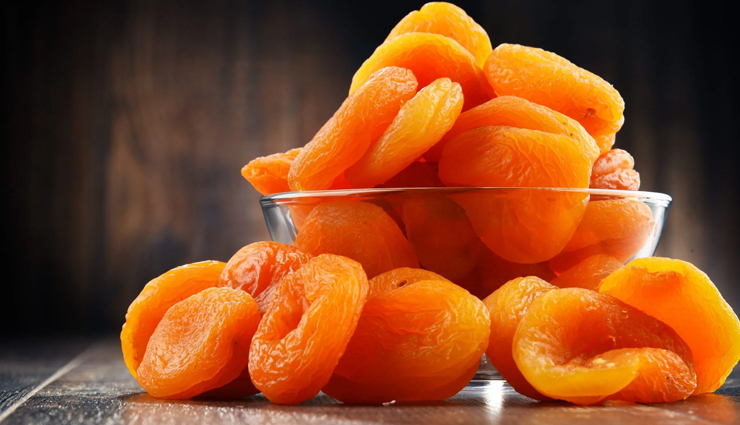
# Dried Apricots
The typical adult needs about 4,700 milligrams of potassium each day—the amount that's considered adequate enough to meet nutritional standards. According to the American Heart Association, low potassium levels are attributable to high blood pressure or hypertension, which can lead to heart attack or stroke if not managed. Just one cup of dried apricots houses 1,511 milligrams of potassium, which is equivalent to 32 percent of your daily needs. For reference, a medium-sized banana contains 422 milligrams of potassium, or about 9 percent of your daily needs.
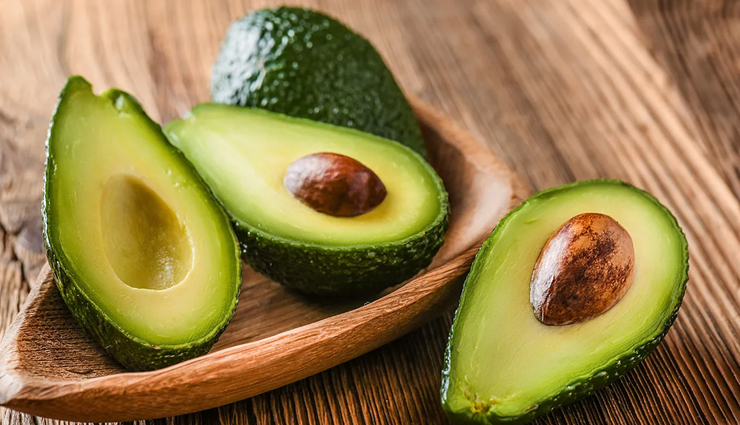
# Avocados
Integrating more guacamole into your diet may just help you decrease the chances of experiencing a stroke. That is, as long as you take it easy on the salt, as a high intake of sodium is a key cause of high blood pressure, which can cause a stroke. One cup of pureed avocado comprises about 1,116 milligrams of potassium, which translates to roughly 24 percent of your daily needs. Not to mention, avocados are loaded in heart-healthy fatty acids that have been shown to decrease inflammation.
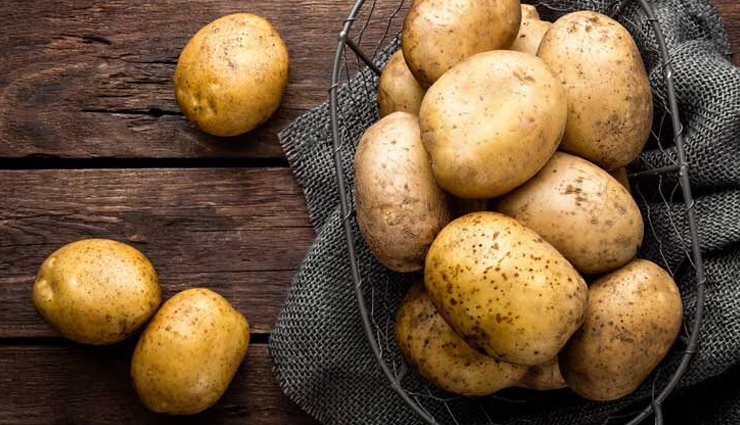
# Potatoes
One medium-sized potato with the skin still intact contains just under 20 percent of your daily needs of potassium. This is more than double the amount a medium-sized banana provides! Let's say you were really hungry and ate a large potato instead. That would get you one-third of your daily needs of the mineral. Add more potatoes into your weekly meal prep to maintain healthy potassium levels to steer clear of high blood pressure and, ultimately, a stroke.
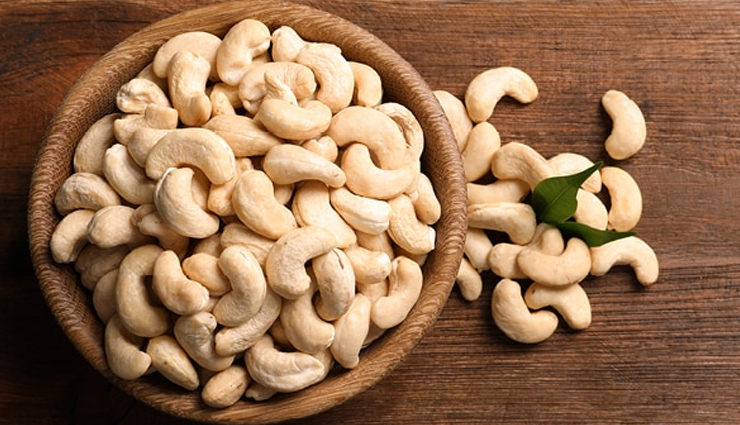
# Cashews
Only one ounce of these nuts contains about 74 milligrams, which is 23 percent of a woman's recommended dietary allowance of magnesium and about 18 percent for men. Cashews happen to be one of the top sources for magnesium, according to the National Institutes of Health. Luckily, cashews can truly enhance a recipe (we like them in a maple-cashew apple toast recipe). Whether it be something savory like a stir-fry of vegetables and rice or as a garnish to something sweet like a yogurt parfait, it's not hard to implement this food into your daily meals.
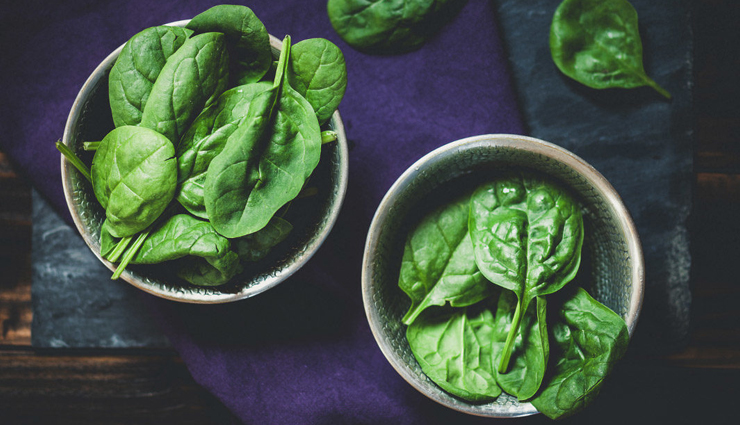
# Spinach
We all know that spinach is a healthy vegetable. In fact, when eaten in tandem with dairy, the body is able to absorb a specific heart-healthy antioxidant found in spinach, which has been known to lessen inflammation and prevent cardiovascular disease if eaten over time. "This nutrient-rich vegetable is packed with carotenoids, vitamin K, folate, calcium, and iron," says Holley. "Spinach also has a high amount of fiber—2.4 grams per 100 gram serving—which is known to lower your risk for heart disease and stroke."
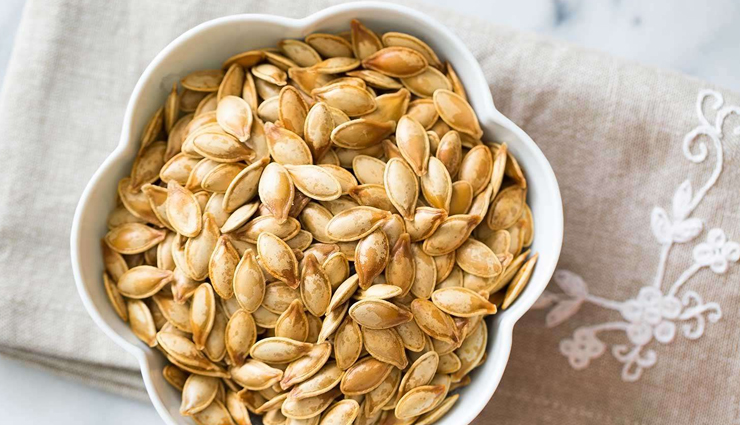
# Pumpkin Seeds
Pumpkin seeds are another food that's full of magnesium. Just one ounce of these dried seeds gives you 168 milligrams worth of the mineral, satisfying about 53 percent of the daily need for women and roughly 40 percent for men. But that's not the only notable nutrient it packs.





